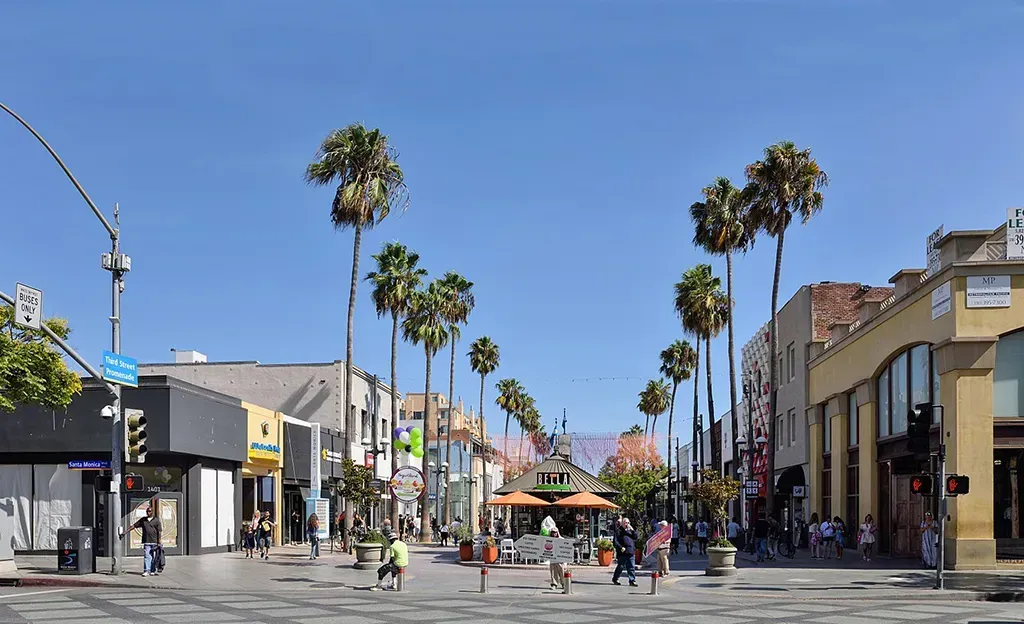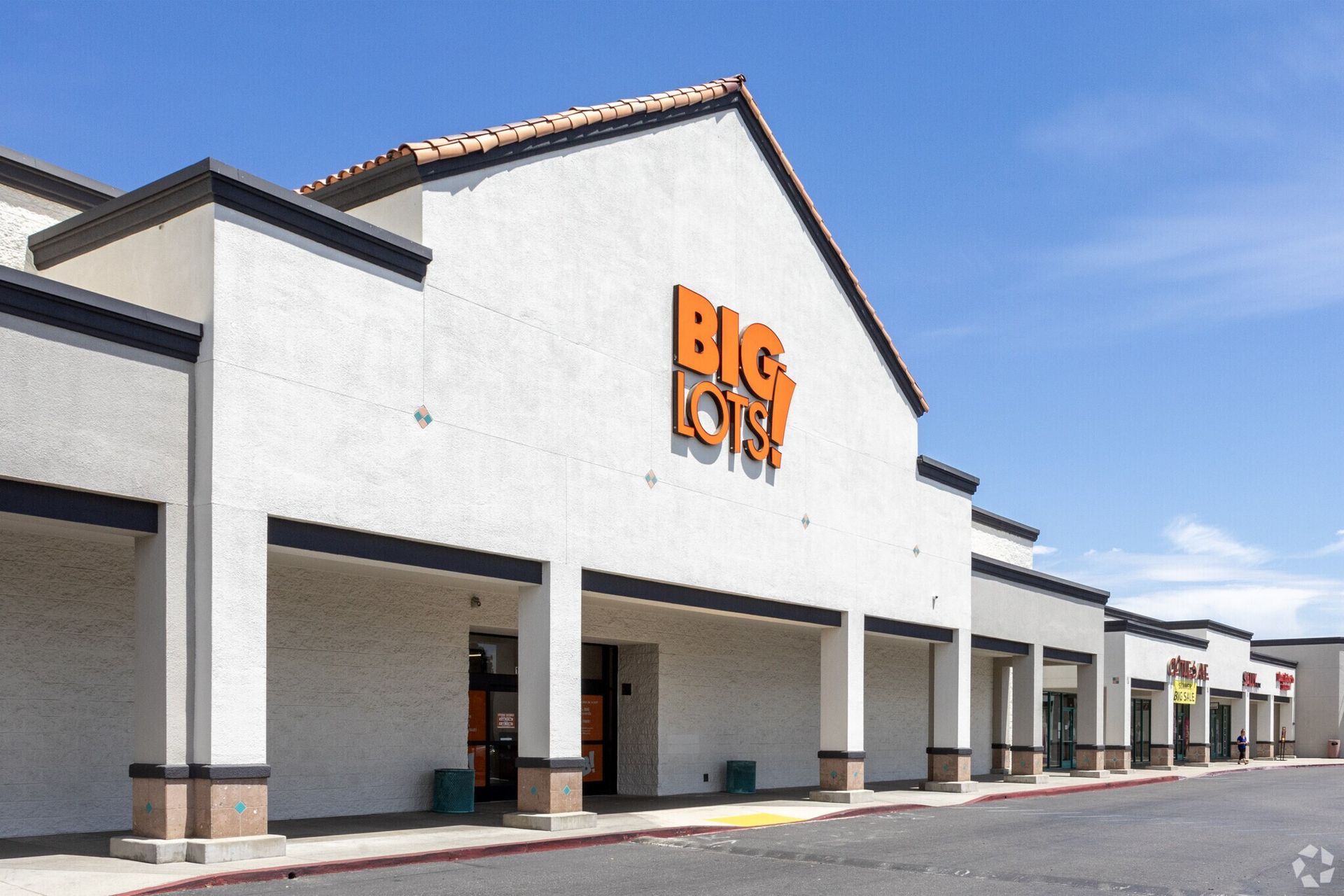Weekly Perl: A Commercial Real Estate News Recap


DTSM welcomes new chair, vice chairs and four new appointments to the board
Thursday’s meeting of Downtown Santa Monica, Inc. (DTSM) was all about new people in new positions as the board of directors welcomed the four new appointees and Michele Aronson was voted in as the new chair, replacing Eric Sedman.

100 Under 100: Emerging restaurant chains that are thriving in the U.S.
These brands with fewer than 100 locations have some serious growth momentum.
This year’s Technomic Top 500 results were a mixed bag for the restaurant industry. On one hand, many large restaurant brands stagnated in 2023, with sales increases merely a reflection of menu price increases and with a full third of brands experiencing a net unit count decrease.

Old School Bagel Cafe Brings New York Flavor to Middle America
Danny Cowan spent 20 years working at the once-popular New York Bagel, franchising two locations in Denver. He perfected the New York–style of boiling bagels in water for 60 seconds before baking, creating a crisp outer layer and soft center. Outside of New York Bagel, this method wasn’t commonly used in Middle America at the time.

How Jamba is Reinventing Itself and Reconnecting with the Consumer
The same industry, but varying obstacles. For instance, the 730-unit Jamba is a seasonal brand and has a different franchise makeup than what Louer has been accustomed to. He was faced with getting to know the people involved, integrating into the broader GoTo Foods company (parent of Jamba, in addition to Auntie Anne’s, Cinnabon, Carvel, McAlister’s, Schlotzsky’s, and Moe’s), and understanding the nuances of the chain.

Kroger, Albertsons $24.6B merger temporarily blocked by Colorado judge
The Kroger, Albertsons merger was postponed on Thursday by a Colorado judge, who granted a preliminary injunction for a hearing in August. The proposed $24.6 billion merger has been challenged in Colorado by the state attorney general. That’s in addition to a multi-state lawsuit led by the Federal Trade Commission and a separate lawsuit in Washington state.

What impact would the Kroger, Albertsons merger have on gas stations?
Kroger and Albertsons are two of the largest fueling station providers in the country, operating roughly 1,408 U.S. fueling stations, but about 10% of those stations would be divested to C&S Wholesale Grocers if the $24.6 billion mega-merger of the two grocery chains is approved later this year.

Amazon Fresh continues rapidly opening stores
More Amazon Fresh grocery stores are on the verge of opening up shop — most recently in Pennsylvania, according to the Philadelphia Business Journal. The online retail giant will open its next brick-and-mortar operation in Bensalem, Penn.

Big Lots Plans About 140 Store Closings, Far More Than Expected
Money-losing discount retailer Big Lots is closing roughly 140 stores cross the country, more than triple the number it originally announced, in what one analyst said could be an attempt to cut losses by swiftly shutting some poorly performing locations.
The Columbus, Ohio-based company on its website has now identified 141 stores in 27 states that it said it will be shutting. Big Lots is most dramatically reducing its brick-and-mortar footprint — by a half — in California, where it plans to close 54 stores. It currently has 109 retail locations in the Golden State.
Jack in the Box Is Opening Over 100 Locations in These 4 States
With Jack in the Box's bold growth into Arkansas, Florida, Montana, Wyoming, and beyond, fast-food landscapes everywhere are about to get tastier. And if burgers aren’t your thing, no worries. Jack in the Box owns Del Taco too, and the taco chain is set to open 138 new locations. Just make sure to use one of the best cash back credit cards to save more during your visit.

Large Pizza Hut Franchisee Files Bankruptcy Amid Legal Battle with Franchisor
A large Pizza Hut franchisee declared bankruptcy Monday weeks after the franchisor filed a lawsuit accusing the operator of financial mismanagement. EYM Pizza has 126 locations across Illinois, Wisconsin, South Carolina, and Georgia. It recently shuttered its Indiana market, which had 15 stores.

Conn’s closing 71 stores — here’s where
Conn’s is starting liquidation sales at select stores across its operating area amid rumors that it is considering filing for bankruptcy.
The struggling, Texas-based retailer of furniture, mattresses, appliances and consumer electronics retailer is closing 71 stores in 13 states, with the locations to be shuttered listed on its website. Florida will see the largest amount of closings, with 18 stores going dark, followed by Texas, with nine closings.







